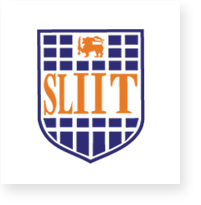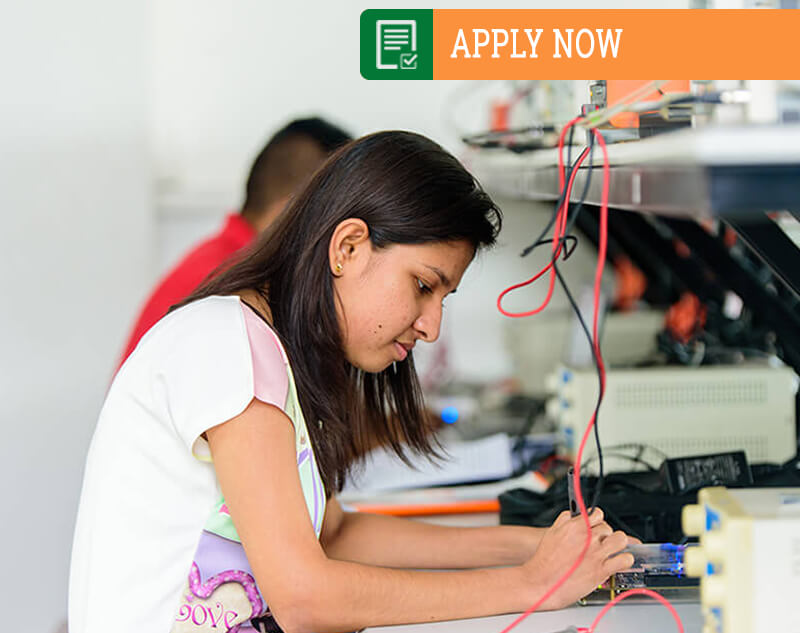- Home
- Departments
- Programmes
- Civil Engineering
- Quantity Surveying
- Electrical & Electronic Engineering
- Mechanical Engineering
- Mechanical Engineering (Mechatronics Specialisation)
- Materials Engineering
- Quantity Surveying – LJMU
- Bachelor of Engineering (Hons) Civil (University of Queensland)
- Bachelor of Engineering (Hons) Electrical (University of Queensland)
- Bachelor of Engineering (Hons) Mechanical (University of Queensland)
- Bachelor of Engineering (Hons) Mechatronics (University of Queensland)
- Staff
- Dean’s Message
- About Faculty
- Research
- Facilities
- News
- Events















